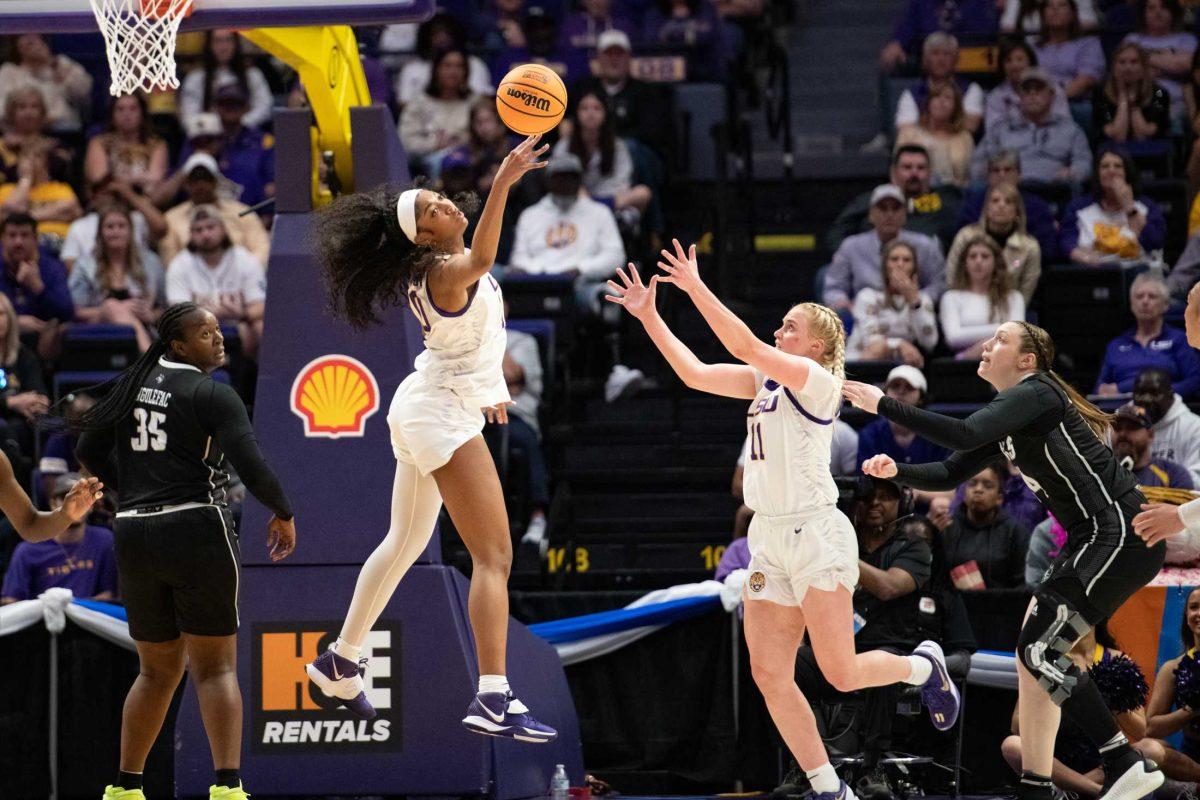The 1982 Seminole Tribe v. Butterworth Supreme Court decision gave tribes the right to operate “gambling enterprises” on their land, beginning a process that soon would see reservations nationwide filled with thrill-seeking, wagering tourists.
Last year, World Poker Tour (WPT) founder Steve Lipscomb introduced tiny, “lipstick cams” into televised poker, allowing viewers to see each player’s hand and effectively doing for poker what the Butterworth decision had done for reservation gaming more than twenty years ago.
The recent emergence of poker from hazy back rooms into the public eye is the latest step in what has been a large-scale liberalization of American views on gambling. And, what an emergence it has been, with ESPN’s coverage of the World Series of Poker averaging 1.25 million viewers, and Bravo’s Celebrity Poker Showdown Final drawing over 1.7 million.
The Travel Channel lays claim to the WPT events, easily its highest-rated shows, and Fox Sports Net is getting in the game with its British “Late Night Poker.” Even network TV is trying to find a seat at the table, with NBC taking a chance on the WPT’s Battle of Champions.
With Native American revenues gushing into the pockets of political campaigns and lobby groups, sharp-dressed casino bosses tossing a few doubloons to a public school somewhere and some form of legalization on the books in 48 states, America has undergone a near-complete transformation — both in attitude and practice — of how gambling factors into everyday society. Somewhere between disco and Queer Eye we all got hooked.
In the mid-70’s, only two states allowed any form of legal gambling, but by 1998, only Utah and Hawaii still prohibited all gaming. Louisiana reinstated its lottery in 1990, and gaming laws which were the most liberal in America at the time soon followed.
Gambling is now as open and tolerated as it has been at any time in the twentieth century. But like other times in our history, its prevalence only reminds us that it is not the deus ex machina its more well-heeled supporters and lobbyists would make it out to be. Not only are the negative socioeconomic effects easy to measure, but the positive revenue generated for public use is usually less than initially quoted.
Only 35 percent of the paltry annual sum generated by our Louisiana Lottery ends up in the State Treasury, and due to a variety of market factors, the tax revenues from casino and riverboat gaming have been overestimated.
The Department of Health and Hospitals announced in November that Louisiana had seen an unprecedented spike in compulsive gamblers, with a statewide total of more than 74,000, an increase of upwards of 20,000 from 1995. Additionally, only about 1 percent of these are estimated to be reached effectively by state-run anti-addiction efforts.
Adding to the potential problems of gambling fever is the political clout of Native Americans, who use cash from their reservation casinos to consistently remain one of the most active players in American politics.
In Minnesota in 2003, Indian groups accounted for almost 25 percent of ALL campaign contributions to members of the state’s Democratic-Farmer-Labor majority coalition; in Washington state, they outspent Boeing and timber titan Weyerhaeuser, throwing down over $140,000 in campaign contributions and another $700,000 for lobbying.
It can’t be said that history offers us no lessons about the double-edged sword popular gambling becomes. New Orleans first opened “temples of chance” in 1832 when monies were promised for the Charity Hospital and College of Orleans, but had to close them by 1835 as the city was inundated with hustlers, card sharks and the like.
We tried the lottery route, too, with the infamous Louisiana State Lottery Company dominating state politics from 1868 to 1893.
Of course, TV-sparked crazes don’t necessarily translate into direct societal imitation, and watching Howard Lederer stare down Chris Moneymaker on ESPN is a far cry from becoming addiction.
However, as we attempt to minimize the casualties that go along with positive aspects of gambling, we can’t forget that luck can change, and the house always wins.
All Bets Are Off
February 10, 2004




